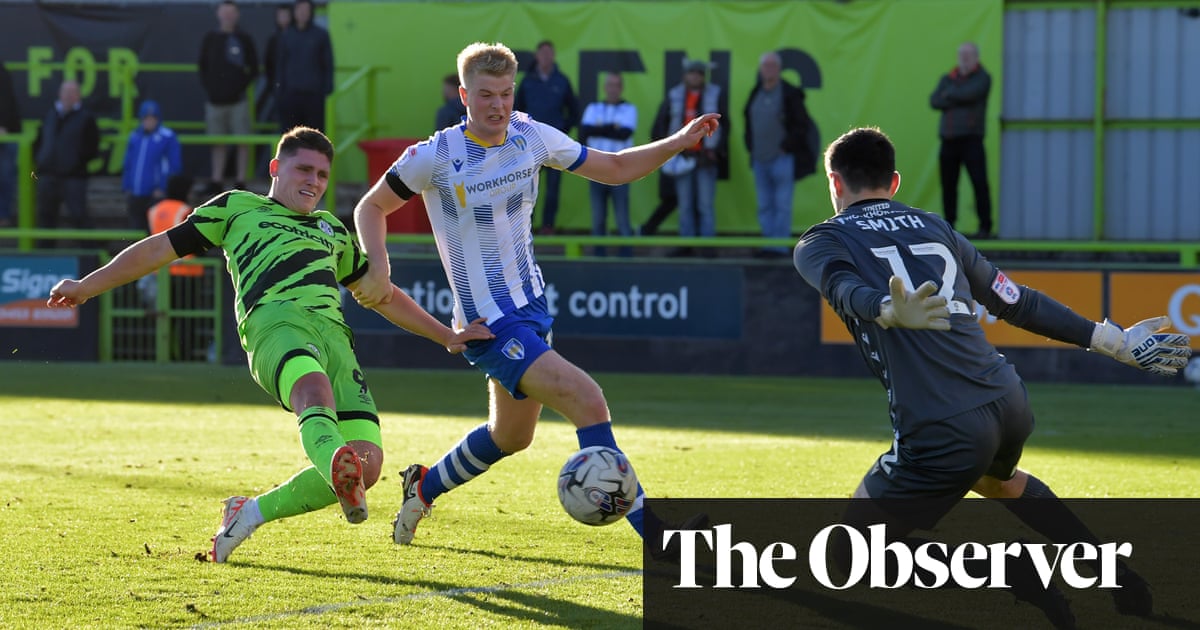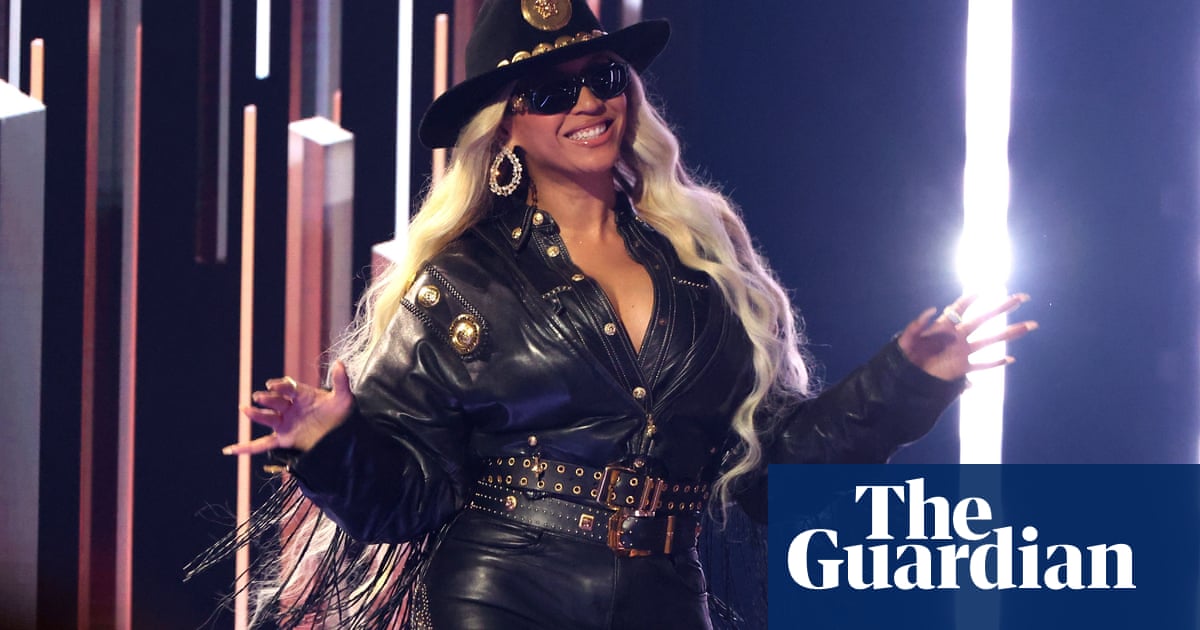
Hipgnosis, which owns the rights to 65,000 songs by artists from Neil Young to Beyoncé, has raised its dividend as it expects the pandemic-fuelled streaming boom to continue as listening increases on digital services such as TikTok and Peloton.
The London-listed company, which makes money every time one of the songs to which it owns the rights are played, almost doubled revenues from $82m to $160m in the year to the end of March.
This was fuelled by a $1bn (£722m) spending spree on evergreen hits during the pandemic, with Hipgnosis buying the rights to 84 song catalogues last year, including those of artists such as Shakira and Debbie Harry.
The company increased its pretax operating profits year on year from $41.5m to $44.5m and raised its annual dividend target by 5% to 5.25p a share as it expects the streaming boom to continue. The company’s share price closed down 0.4% on Monday, at 122p.
Merck Mecuriadis, the founder and chief executive at Hipgnosis, said the pandemic had accelerated the shift in listening to streaming, with 443 million users of subscription services such as Spotify, Apple Music and Amazon Music. By the end of the decade that number is forecast to hit 2bn.
“This has turned music from being a discretionary or luxury purchase to very much being a utility as a result of the convenience and access afforded by streaming,” he said. “Going forward this accelerated streaming will be enhanced as revenues from TikTok, Peloton, Triller, Roblox and other rapidly emerging digital platforms start to be paid through. We are entering an era where now, for the first time ever, almost all consumption of music is paid for.”
Hipgnosis said streaming income rose 18.4% in the second half of its financial year, compared with the first six months. The company’s portfolio of 138 song catalogues is valued at $2.2bn, 10% more – about $265.6m – than what they cost to acquire.
Hipgnosis is increasingly focused on classic hits, with the proportion of songs that are older than 10 years accounting for 60% of its total portfolio, up from 32.5% at the end of March last year. Two years ago that proportion was just 10%. Just under half of Hipgnosis’s portfolio (46%) is pop music, with rock the second biggest genre at 27%.
Mercuriadis said the flurry of deals – in December Bob Dylan sold his entire catalogue of hits including Blowin’ in the Wind to Universal Music for more than $300m – was partly being driven by older musicians seeking to cash in towards the end of their careers.
“The great creators have all matured to a place now where they are starting to go from natural causes, so many of them are dotting the Is and crossing the Ts of their estate planning and wanting to ensure that not only are their families well looked after but that their songs are well looked after as well,” Mercuriadis said in an interview on BBC Radio 4’s Today programme. “These songs are available at attractive prices. We believe these songs will triple in net asset value by the end of the decade.”
The streaming boom is benefiting companies across the music industry. Warner Music, the world’s third largest music company, home to artists including Ed Sheeran, moved to float last June and its share price has increased by a quarter in the past 12 months to give it a market value of almost $19bn. Its owner, Sir Leonard Blavatnik, paid $3.3bn for the company in 2011.
Vivendi – the owner of the world’s largest music company, Universal Music, home to artists and rights from Lady Gaga to the Beatles – is set to float in Amsterdam in September with a valuation of more than €35bn (£30bn).












